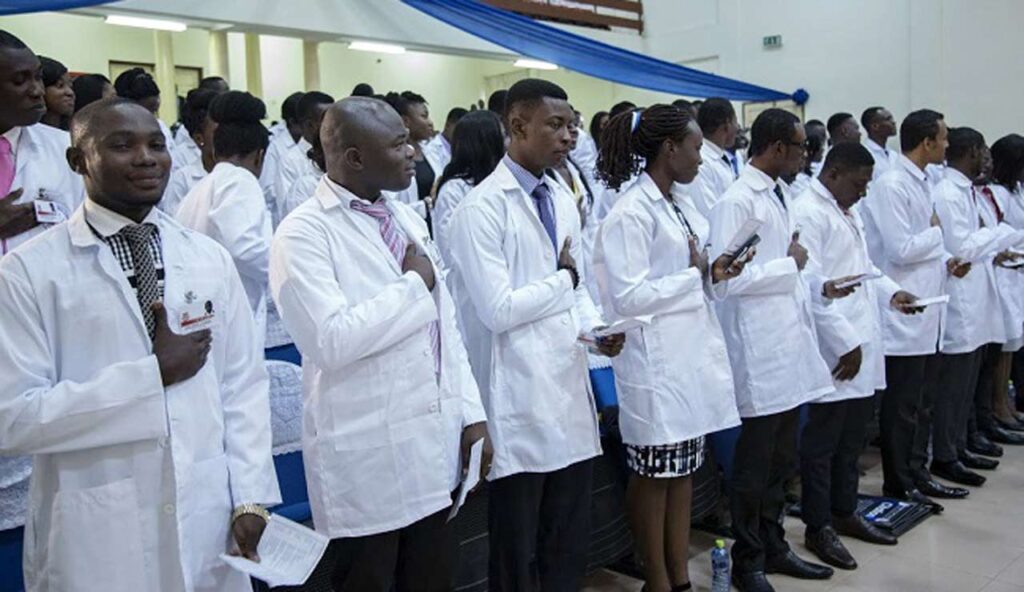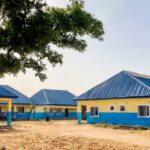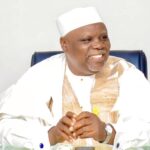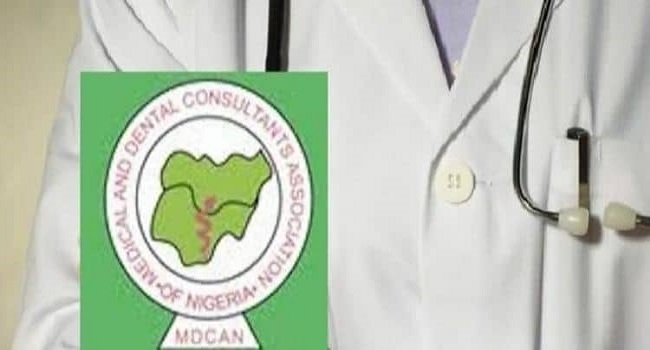Alarming Stats: 80% of Eligible Candidates Denied Medical School Admission in Nigeria

In a startling revelation, it has been disclosed that a whopping 80 percent of eligible candidates aspiring to pursue a medical education are denied admission to Nigerian medical schools. This disheartening revelation was made at the 13th Biennial Delegates’ Meeting and Scientific Conference of the Medical and Dental Consultants’ Association of Nigeria (MDCAN) in Kano, by Prof. Musa Borodo, the former president of the National Postgraduate Medical College of Nigeria.
Prof. Borodo, in his address on the challenges faced by medical education in Nigeria, highlighted several distressing issues. One major concern is the glaring inadequacy in the number of doctors produced by both public and private universities in Nigeria. Astonishingly, these institutions can only produce a mere 5,000 doctors annually to cater to the healthcare needs of the nation’s vast population.
Adding to this concern is the fact that Nigeria operates with an alarming ratio of one doctor for every 5,000 patients, a far cry from the recommended guidelines set by the World Health Organization (WHO). This shortage of medical professionals raises serious questions about the nation’s ability to provide adequate healthcare services.
Prof. Borodo has called upon the Federal Government to take immediate and comprehensive steps to address these challenges. He emphasized the urgent need to revise the outdated medical curriculum and, more importantly, to enhance the capacity to produce a sufficient workforce for the healthcare sector.
Furthermore, he suggested that the government consider revising the constitutional provisions regarding health policies, moving it to the Concurrent List. This would enable a broader application of healthcare policies, potentially leading to significant improvements in the sector.
In response to these pressing concerns, Prof. Ali Pate, the Minister of Health, acknowledged the critical role that MDCAN plays in reforming the beleaguered healthcare system in Nigeria. While he acknowledged the challenges inherited by the present administration, he emphasized that the government alone could not rectify the deteriorating healthcare system.
Prof. Pate urged senior medical practitioners to channel their expertise towards enhancing both undergraduate and postgraduate medical education in Nigeria. He expressed optimism that the combined efforts of MDCAN and the government could reverse the current bleak trajectory and ensure a brighter future for the healthcare sector.
In summary, the disheartening statistics regarding medical school admissions and the shortage of doctors in Nigeria have highlighted the urgent need for comprehensive reforms in the healthcare and medical education sectors. The collaboration between the government and medical professionals, as exemplified by MDCAN, holds the promise of a more robust and resilient healthcare system in Nigeria’s future.



